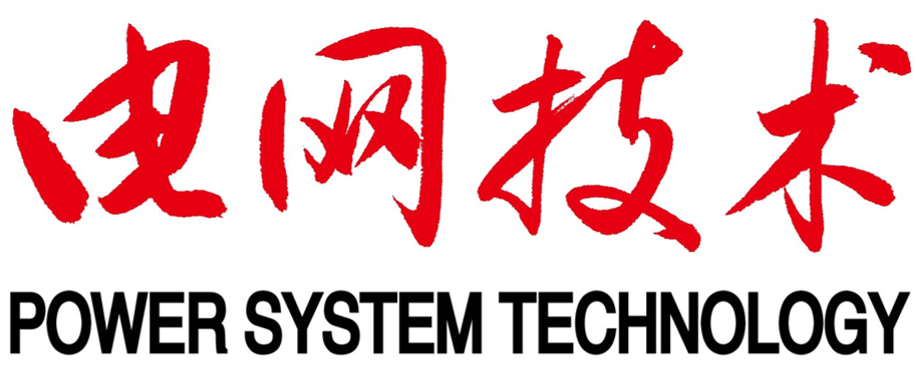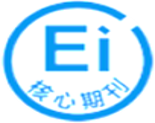Fundamental Errors
Authors have an obligation to correct mistakes once they discover a significant error or inaccuracy in their published article. The author(s) is/are requested to contact the journal and explain in what sense the error is impacting the article. A decision on how to correct the literature will depend on the nature of the error. This may be a correction or retraction. The retraction note should provide transparency which parts of the article are impacted by the error.
Recommend Reviewers
Authors are welcome to suggest suitable reviewers and/or request the exclusion of certain individuals when they submit their manuscripts. When suggesting reviewers, authors should make sure they are totally independent and not connected to the work in any way. It is strongly recommended to suggest a mix of reviewers from different countries and different institutions. When suggesting reviewers, the Corresponding Author must provide an institutional email address for each suggested reviewer, or, if this is not possible to include other means of verifying the identity such as a link to a personal homepage, a link to the publication record or a researcher or author ID in the submission letter. Please note that the Journal may not use the suggestions, but suggestions are appreciated and may help facilitate the peer review process.
Competing Interests
Authors are requested to disclose interests that are directly or indirectly related to the work submitted for publication. Interests within the last 3 years of beginning the work (conducting the research and preparing the work for submission) should be reported. Interests outside the 3-year time frame must be disclosed if they could reasonably be perceived as influencing the submitted work. Disclosure of interests provides a complete and transparent process and helps readers form their own judgments of potential bias. This is not meant to imply that a financial relationship with an organization that sponsored the research or compensation received for consultancy work is inappropriate.
Editorial Board Members and Editors are required to declare any competing interests and may be excluded from the peer review process if a competing interest exists. In addition, they should exclude themselves from handling manuscripts in cases where there is a competing interest. This may include – but is not limited to – having previously published with one or more of the authors, and sharing the same institution as one or more of the authors. Where an Editor or Editorial Board Member is on the author list we recommend they declare this in the competing interests section on the submitted manuscript. If they are an author or have any other competing interest regarding a specific manuscript, another Editor or member of the Editorial Board will be assigned to assume responsibility for overseeing peer review. These submissions are subject to the exact same review process as any other manuscript. Editorial Board Members are welcome to submit papers to the journal. These submissions are not given any priority over other manuscripts, and Editorial Board Member status has no bearing on editorial consideration.
Interests that should be considered and disclosed but are not limited to the following:
Funding: Research grants from funding agencies (please give the research funder and the grant number) and/or research support (including salaries, equipment, supplies, reimbursement for attending symposia, and other expenses) by organizations that may gain or lose financially through publication of this manuscript.
Employment: Recent (while engaged in the research project), present or anticipated employment by any organization that may gain or lose financially through publication of this manuscript. This includes multiple affiliations (if applicable).
Financial Interests: Stocks or shares in companies (including holdings of spouse and/or children) that may gain or lose financially through publication of this manuscript; consultation fees or other forms of remuneration from organizations that may gain or lose financially; patents or patent applications whose value may be affected by publication of this manuscript.
It is difficult to specify a threshold at which a financial interest becomes significant, any such figure is necessarily arbitrary, and this is why one possible practical guideline is the following: “Any undeclared financial interest that could embarrass the author were it to become publicly known after the work was published.”
Non-financial Interests: In addition, authors are requested to disclose interests that go beyond financial interests that could impart bias on the work submitted for publication such as professional interests, personal relationships or personal beliefs (amongst others). Examples include, but are not limited to: position on editorial board, advisory board or board of directors or other type of management relationships; writing and/or consulting for educational purposes; expert witness; mentoring relations; and so forth.
Disclosure Statement: Review articles present an expert synthesis of evidence and may be treated as an authoritative work on a subject. Review articles therefore require a disclosure statement. Other article types such as editorials, book reviews, comments (amongst others) may, dependent on their content, require a disclosure statement. If you are unclear whether your article type requires a disclosure statement, please contact the Editor-in-Chief.
Please note that, in addition to the above requirements, funding information (given that funding is a potential competing interest (as mentioned above) needs to be disclosed upon submission of the manuscript in the peer review system.
The above should be summarized in a statement and placed in a ‘Declarations’ section before the reference list under a heading of ‘Funding’ and/or ‘Competing interests’. Other declarations include Ethics approval, Consent, Data, Material and/or Code availability and Authors’ contribution statements.

